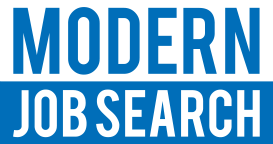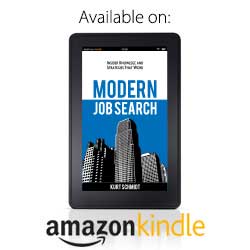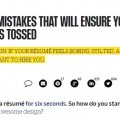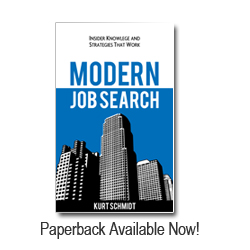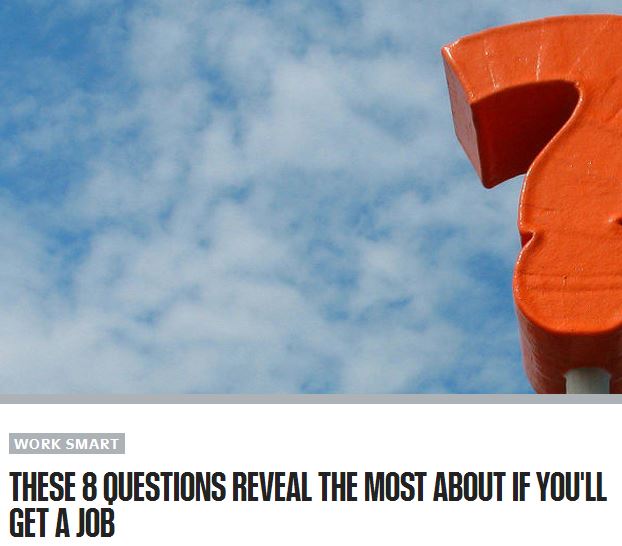
Interview Awareness “These 8 Questions” via Fast Company
By Kurt Schmidt In Blog On May 21, 2014
This could happen to you – and it could be interesting, fun, creative, or the thing that costs you a job you really want. In a recent Fast Company article called “These 8 Questions Reveal the Most About if You’ll Get a Job”, writer Stephanie Vozza discusses the softer side of some interview questions – what one HR Director describes as questions that “reveal(s) the best of what they bring to the table and the potential pitfalls or liabilities they have.” What are they talking about? Stories.
The following 8 (it’s really 9) questions are all require candidates to be able to tell a story, albeit, a short one. Stories have beginnings, something that sets a scene or requires a response, they also have characters, conflicts and ultimately, hopefully resolutions. I don’t know that most candidates are thinking about “storytelling” while they are preparing for job interviews – though they should. Interviews are a great opportunity to tell stories. Your experience, your ability to add value and your motivation for being there are all stories. Think about it.
Back to the questions: There is no way to predict whether or not any of these or similar questions will actually happen in your interview. However, like I mention in my book, it is really good to visualize and practice how you would approach them in order to become familiar with describing your experiences and offering specific examples. So, in the spirit of “practice” I thought it would be fun to answer the questions in the article myself:
1. “What’s the one thing about you as a leader that if you changed today, would make you a better leader tomorrow?” (Mark Ehrnstein, global vice president of team member services for Whole Foods Market)
I tend to want to make things better or will jump in and do something myself if I don’t like the way someone has done it, not in an insensitive way but maybe perhaps without telling them or being critical when I should be. This results in me doing more work and them not learning. I should be more patient, let people explore things on their own more and then offer constructive criticism instead of just doing it myself later.
2. “Tell me about a time you persuaded someone to make a change?” (Karen Miller, senior vice president of people for the online food delivery service GrubHub Inc.)
I’m a headhunter, I do this frequently. I’ll do it this morning.
3. “What’s your brand?” (Brigette McInnis Day, executive vice president of human resources for software solution provider SAP)
Honestly, this is a stupid question. “Personal Branding” is the new thing and it seems just as meaningless as so many other things that become “the thing” for a day or two and are quickly forgotten. I’m sure someone will sell a few books about it though. Anyways, my “brand” – focused, honest, ambitious, hard working, creative. If I was really asked this question in an interview I might ask the interviewer how they might structure their own answer. I probably would not tell them what I really think about “personal branding.”
4. “If you found $5000.00 – No Strings Attached – How would you use that(sic) money?” (Tim Cyrol, human resources coach for Universal Studios Hollywood theme park)
Keeping in mind that this is a job interview question, not a loan application, it’s probably important to demonstrate some creativity here beyond simply replying about paying off debts, going on holidays or buying gifts for people. A better way to address the question might be to give an answer about how you might use the money to invest in yourself or make a contribution to something that you care about and why. For me this might mean using some of the money to buy a better flash for my camera so I could pursue different photography projects, increasing the ad budget for my book and lastly, setting aside funds so I could go buy lunch at a local cafe that trains and certifies homeless people for culinary arts jobs.
5. “If you can only pick one thing on your resume to talk with me about, what is it and why?” (Patty Pogemiller, talent acquisition and mobility leader for the financial consultant Deloitte Services)
Easy. I was once the Director of Marketing and Business Development at Union Mission. On my resume, this is the position that sticks out. The experience was different and new, and a departure that stretched me. It’s an easy story. In fact, I’ve already written it.
6. “If your best friend was sitting here, what would they say is the best part about being your friend?” (Glenn Bernstein, chief operating officer of the Execu|Search Group temporary staffing division)
I hope she would say that I’m creative, interesting, honest and loyal. At least those are the things I aspire to be as a friend. I think we all hope that our friendships, and what we give and get from them, add value to our lives. As a friend, I’d like that to be what it means for me and my friends.
7. “Tell me about a professional heroic failure?” (Lisa Fabiano, executive vice president and chief talent officer at the advertising agency Grey NY)
I was once a partner in a software and services company. One of my positions there was “Director of Operations, Europe” in which I lived in London and was tasked with establishing a presence for our company in the UK. I spent 10 long months meeting with UK based businesses and was unable to get much of anything started. It was a total failure. Looking back on it now, I think I could have been more aggressive, more confident and perhaps more successful. Or, it could be that it was a bad idea all along. We sold the company a year after that and I went back to headhunting. At least we made a profit. I was over my head at the time in the UK though. I know it now. Smarter would have been recruiting someone more qualified than myself to do the job – sticking to my core competency: recruiting!
8. “What was your favorite moment from this interview?” (Ragini Parmar, human resources director for credit score provider Credit Karma)
As much as I’d love to answer this question by saying “the part when you offered me the job!” I am not sure that it would go over very well. In truth, if this was my interview and these were some of the questions, I’d have to say that I really appreciated the opportunity to share with my interviewer and make a person out of myself beyond just being another candidate. The right answer to this question will depend on the interview, the interviewer and all of the other context. Remember to make a story though! A good answer might reflect back on the interviewer and state that the best part of the interview was learning about them, their background and the things that made them a person, and not just an interviewer.
All in all, this was a fun exercise and again – good practice. Think about your stories! Visualize how you might tell them and practice a little bit. The odds are long that you can predict every potential question that might come up during an interview but just going through the motions to familiarize yourself with telling your own story will help you get prepared.

